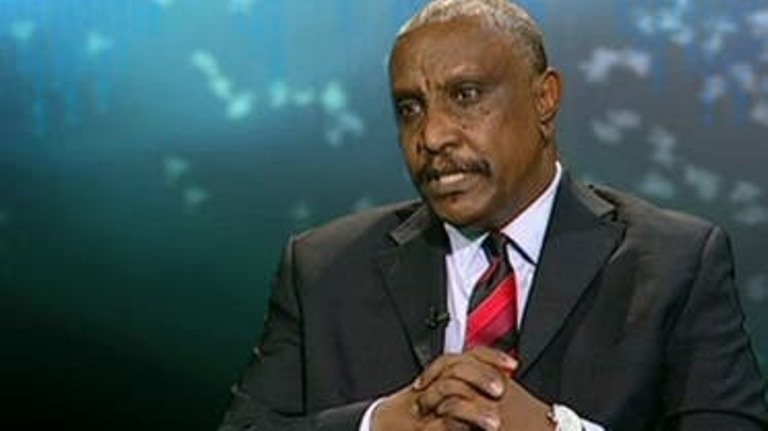Viability of political dialogue before stopping the war
Questions without answers and the right to life before political rights.
Yasir Arman
Leader of the SPLM-N Revolutionary Democratic Current
Gabriel Garcia Marquez said in his famous novel, “One Hundred Years of Solitude”: “They hold elections in a village devoid of political passions”.
Real politics addresses the interests and priorities of the people and presents them correctly. Natural rights come before civil and political rights, and war dictates the importance of the right to life for millions of Sudanese whose actual interests lie in stopping the war as an urgent task. The war can only be halted by those who ignite its flames and possess gunpowder and rifles. The right to life is tied to providing security, stopping the killing and raping, stopping the occupation of villages and residential areas in the cities, stopping aerial bombardments on innocents, protecting civilians, halting internal displacement and refugee migration, and opening safe passages for humanitarian relief. All of this requires an urgent, long-term humanitarian ceasefire, which is the first, second, and third priority. The bleeding must stop first, and its causes addressed; this is the logic of life and war. Any serious political dialogue must coincide with the humanitarian cessation of hostilities, if not preceded by it, for the dialogue itself to have meaning and value.
Calls for dialogue are noble and important, and they have been issued from several significant platforms – these efforts deserve appreciation. However, their priorities are reversed, especially since the armed parties will not participate in these platforms and will continue their war during the dialogue periods. They will not commit to halting the war, not even during religious holy days, which have become opportunities for escalation of violence. They will not care to give peace a chance, as expressed in the famous song by The Beatles and John Lennon, “Give Peace a Chance”.
Just like what is taking place today, in the recent past, the political forces were asked to dialogue and agree before ending the coup. The coup leaders said, “If the political forces agree, we will hand over power to them”, and instead they handed the whole country to war, preferring war over the framework agreement!
The forces being called today are very similar to those that were required to dialogue with yesterday. These are forces more connected to the military establishments than to politics – with a few exceptions – some of which even possess armies and are actively fighting in this war!
The aforementioned issues raise many questions:
How will the political dialogue platforms be linked to each other? How will regional and international actors participate in monitoring the dialogue and ensuring the implementation of its results? How binding will the results of the dialogue be in the absence of the warring parties? How will the military process be linked with the civil political process? How can parties allied and fighting with one of the warring factions participate in a civil political dialogue? And when they participate, will they be considered civil or military parties, or will they straddle both? How will the results of the political dialogue be integrated with those of the military dialogue, if any? Is it more effective to rally efforts to stop the war first or to conduct a circular political dialogue? Is the priority to hold a political dialogue among revolutionary forces to form a critical mass, or with the forces supporting the coup and war that stand against the transformation and December revolution? What mechanisms will ensure that the military factions agree to the results of the political dialogue? How will the crucial issue of building a single professional unified army be discussed in the absence of military parties and their commitment?
What matters most to the people and citizens in the current circumstances is the agreement of the military factions to cease the war as the first stage of the comprehensive political process. Political dialogue falls within the realm of ending the war, addressing its historical causes and injustices, founding the new state, completing the tasks of the revolution, and reaching a sustainable peace that avoids fragile resolutions that will reignite conflict again. The beginning of the political process is the cessation of the war, and ending it is a second stage that addresses its causes in a single political process. Security Council resolutions, most notably Resolution 2427, did not specify mechanisms nor link the military and political platforms, and it did not agree with the African Union on a ground mission for peace and civilian protection.
Negotiations for resolving armed conflicts and civil wars have always integrated and linked the cessation of hostilities with political solutions. Armed factions have the ability to influence the political course and extend their hands in velvet gloves that cannot conceal the appearance of iron, no matter how cleverly they display the velvet.
Happy holidays, and may we wake up to a new Sudan.

